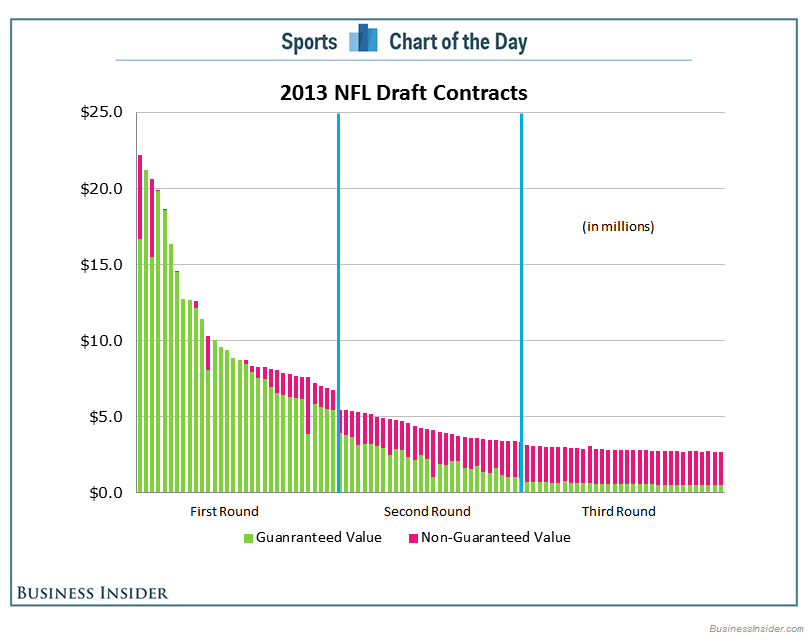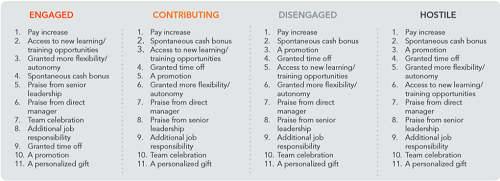“I believe you have to be willing to be misunderstood if you’re going to innovate.”
Recently I wrote an article over at Fistful of Talent, and subsequently posted on LinkedIn, that caused some people to lose their minds. I asked what I thought was a simple question: Would you be willing to pay for interview feedback? Not just normal, thanks, but no thanks, interview feedback, but really in depth career development type of feedback from the organization that interviewed you. You can read the comments here – they range from threats to outright hilarity! Needless to say, there is a lot of passion on this topic.
Here’s what I know:
– Most companies do a terrible job at delivery any type of feedback after interviews. Terrible.
– Most candidates only want two things from an interview.
1. To Be Hired
2. If not hired, to know a little about why they didn’t get hired
Simple, right? But, this still almost never happens! Most large companies, now, automate the entire process with email form letters. Even those lucky enough to get a live call, still get a watered-down, vanilla version of anything close to something that we would consider helpful.
When I asked if someone was willing to pay for interview feedback, it wasn’t for the normal lame crap that 99% of companies give. It was for something new. Something better. Something of value. It would also be something completely voluntary. You could not pay and still get little to no feedback that you get now — Dear John, Thanks, but no thanks. The majority of the commentators felt like receiving feedback after an interview was a ‘right’ – legal and/or G*d given. The reality is, it’s neither.
The paid interview feedback would be more in-depth, have more substance and would focus on you and how to help you get better at interviewing. It would also get into why you didn’t get the job. The LinkedIn commentators said this was rife with legal issues. Organizations would not be allowed to do this by their legal staff because they would get sued by interviewees over the reasons. This is a typical HR response. If you say ‘legal’ people stop talking about an idea. They teach that in HR school so we don’t have to change or be challenged by new ideas!
The reality is, as an HR Pro, I’m never going give someone ammunition to sue my organization. If I didn’t hire someone for an illegal reason, let’s say because they were a woman, no person in their right mind would come out and say that. Okay, first, I would never do that. Second, if I did, I would focus the feedback on other opportunity areas the candidate had that would help them in their next interview or career. No one would ever come out and say to an interviewee, “Yeah, you didn’t get the job because you’re a chick!”
This is not a legal or risk issue. It’s about finally finding a way to deliver great interview feedback to candidates. It’s about delivering a truly great candidate experience. So many HR Pros and organizations espouse this desire to deliver a great candidate experience, but still don’t do the one thing that candidates really want. Just give me feedback!
So, do you think I’m still crazy for wanting to charge interviewees for feedback?


